Saga Dawa is a very important month in the Tibetan Buddhist calendar, the fourth month of the Tibetan lunar calendar, starts on May 29. The 15th day of the lunar month, the full moon day is called Saga Dawa Düchen. Düchen means “great occasion” and this day is the single most holy day of the year for Buddhists…In other Buddhist traditions, it is known as Vesak or is sometimes as Buddha Day. Saga Dawa Düchen commemorates the birth, enlightenment, and death (parinirvana) of Buddha Shakyamuni.
…..Since 1999, the United Nations has marked this sacred Buddhist day each year with a special message from the UN Secretary-General. The UN Vesak page states, “Vesak, the Day of the Full Moon in the month of May, is the most sacred day to millions of Buddhists around the world. It was on the Day of Vesak two and a half millennia ago, in the year 623 B.C., that the Buddha was born. It was also on the Day of Vesak that the Buddha attained enlightenment, and it was on the Day of Vesak that the Buddha in his eightieth year passed away.”
This year’s message (2016) from the UN Secretary-General highlights the primary role that women can play in promoting peace, justice, and human rights.
Ban Ki-moon wrote, “...the sacred commemoration of the Day of Vesak offers an invaluable opportunity to reflect on how the teachings of Buddhism can help the international community tackle pressing challenges.
“The fundamental equality of all people, the imperative to seek justice, and the interdependence of life and the environment are more than abstract concepts for scholars to debate; they are living guidelines for Buddhists and others navigating the path to a better future.
“One Sutra tells the story of Srimala, a woman who pledged to help all those suffering from injustice, illness, poverty or disaster. This spirit of solidarity can animate our global efforts to realize the 2030 Agenda for Sustainable Development, carry out the Paris Agreement on climate change, and promote human rights while advancing human dignity worldwide.
“The actions of Srimala also illustrate the primary role that women can play in advocating for peace, justice, and human rights. Gender equality and the empowerment of women remain urgent priorities that will drive progress across the international agenda.”
Saga Dawa is known as the month of merits. People make extra efforts to practice more generosity, virtue, compassion, better temperament, and conduct, in order to accumulate greater merit. Tibetan Buddhists believe that during this month, the merits of one’s actions are multiplied and that on the 15th day of the month the merits of one’s actions are hugely increased.
The Tibetan Buddhist nuns at the seven nunneries supported by the Tibetan Nuns Project celebrate Saga Dawa in special ways.
Practices undertaken during this month include:
- – praying and reciting of mantras
- – lighting of butter lamps
- – making pilgrimages to holy places
- – refraining from eating meat
- – saving animals from slaughter and releasing them
- – making prostrations and circumambulations
- – giving money to beggars
Each year over 230 nuns who live at Dolma Ling Nunnery in India read the entire Kangyur, the 108 volumes of the spoken words of the Buddha, during the month of Saga Dawa. Photo courtesy of Tenzin Sangmo.
Every year, during the month of Saga Dawa, over a period of several days, the nuns at Dolma Ling Nunnery and Institute read the entire Tibetan Buddhist canon or Kangyur, the 108 volumes of the spoken words of the Buddha. Because this month includes some of the holiest days in the Buddhist calendar, the nuns believe they can accumulate more merit by doing such practices at this time. Butter lamps will also be lit during the full moon and everyone will try to practice positive deeds during the full month.
On this day many individuals from the monastic and lay communities also take Thekchen Sojong. His Holiness at the main temple gives the vow if he is in town during the year or it is given by an Abbot or Geshe. The vows are to follow the eight Mahayana precepts for 24 hours. Individuals taking this vow take just one meal that day mainly lunch that has to be taken before noon and once one has stopped the meal it is considered finished. One can drink water or light drinks but not whole milk, thick juice with pulp etc.
In Dolma Ling Nunnery many nuns eat only twice a day during this month. Nuns refrain from eating any solid food after finishing their lunch. They can drink water and are served light tea (with little milk) at 6 p.m.
At Tilokpur Nunnery, the nuns participate in a number of pujas such as the Nyugney puja, Vajra puja, Avalokiteshvara mantra, Guru Rinpoche puja, Green Tara puja, Phakmo Dakini puja. The nuns also do prostrations and offer thousands of butter lamps during the month. The other nunneries like Geden Choling also do the Nyugney puja (fasting).
For more information, visit: tnp.org/saga-dawa-may-21-2016


